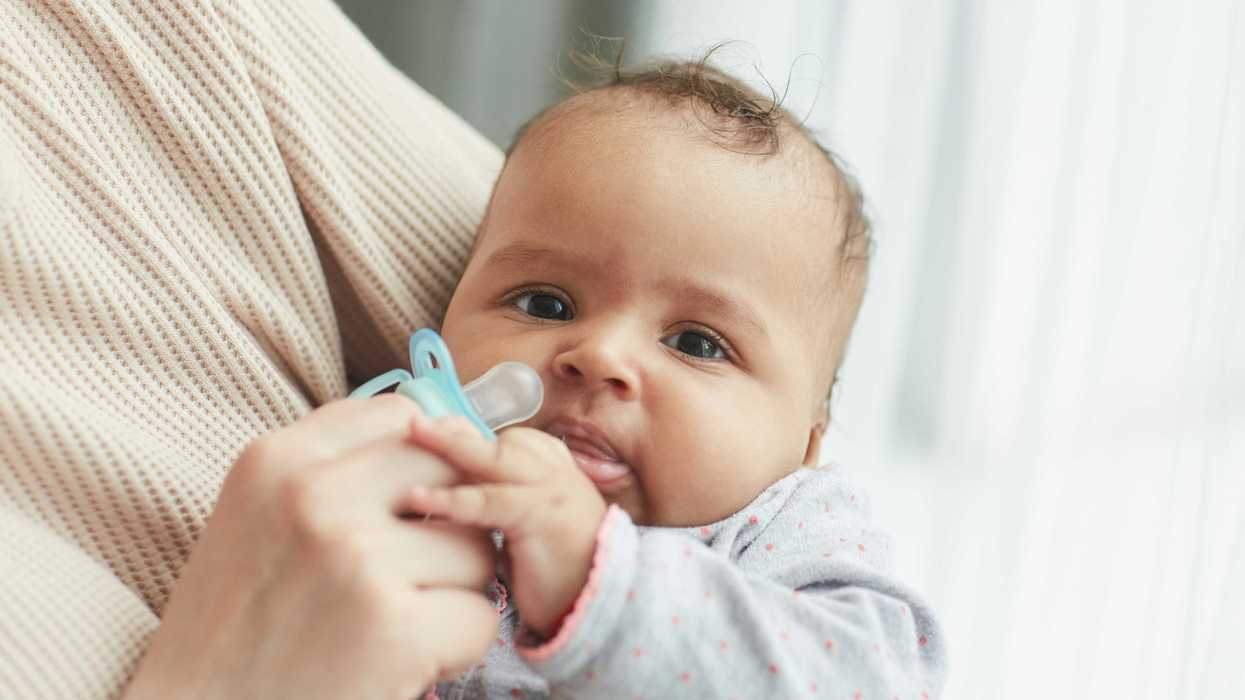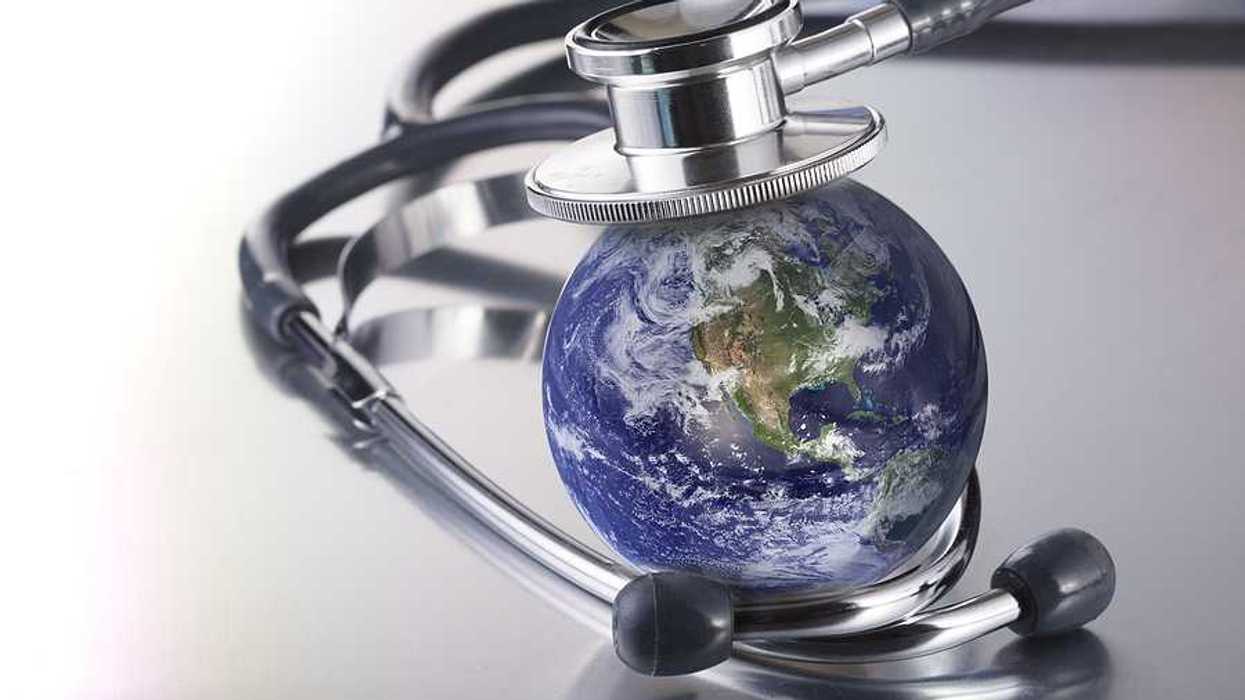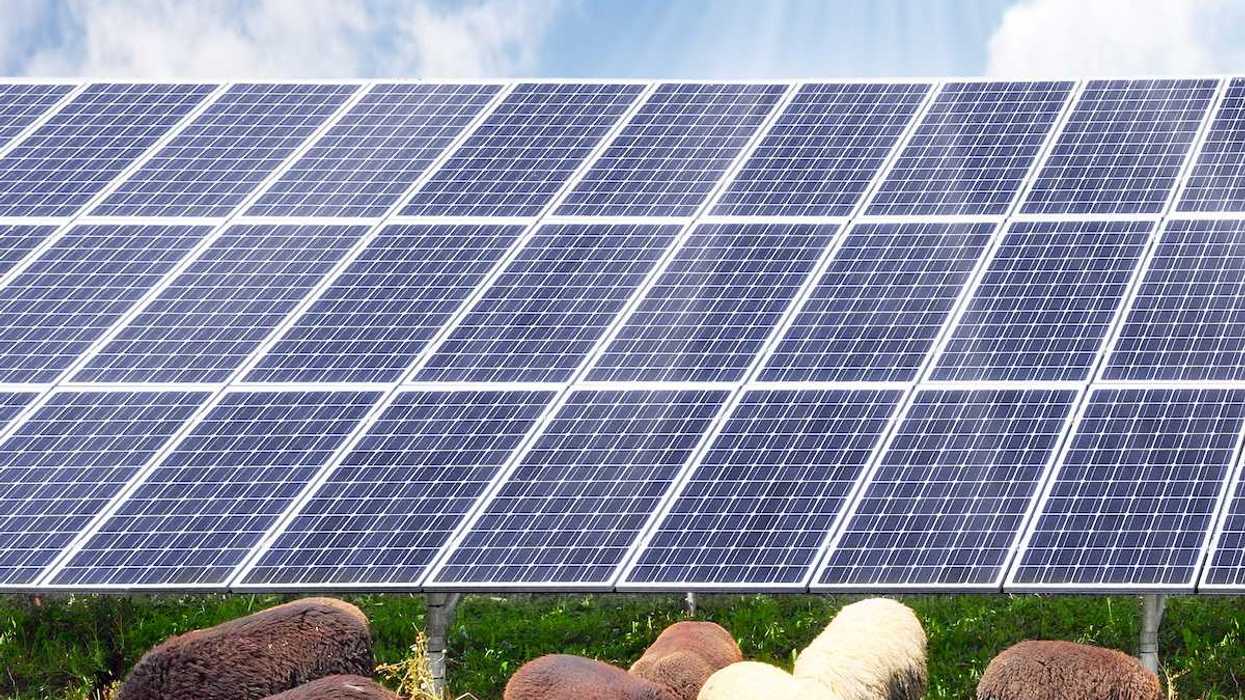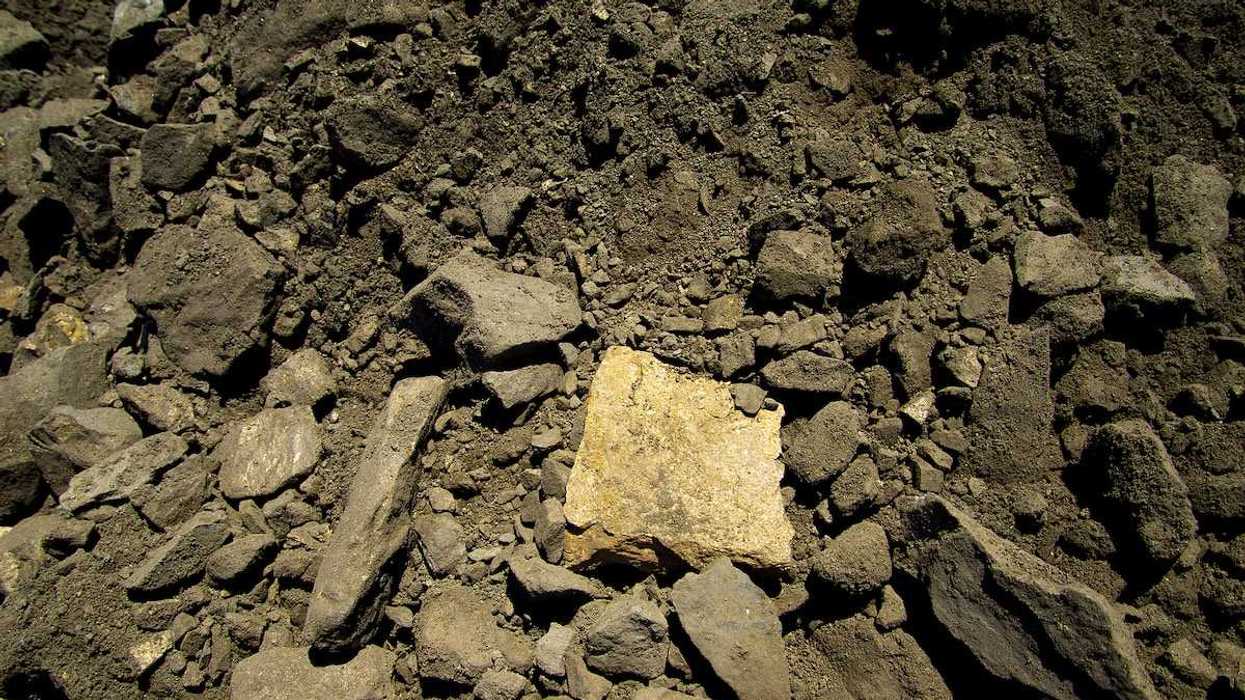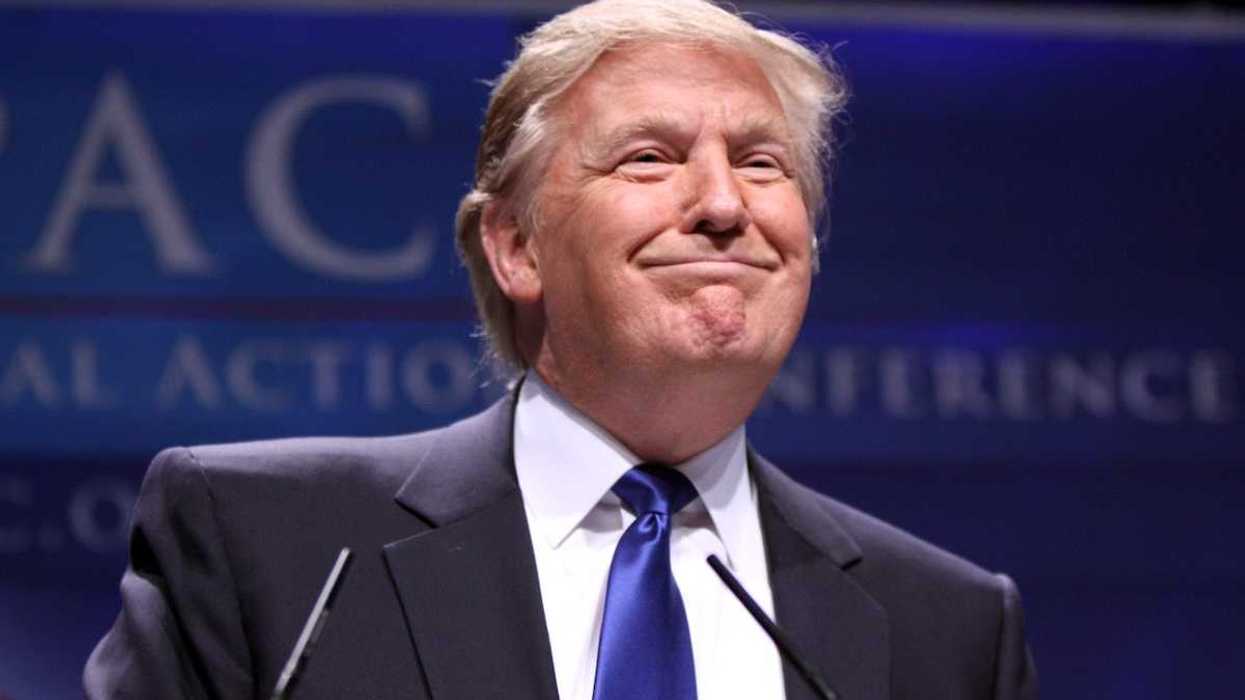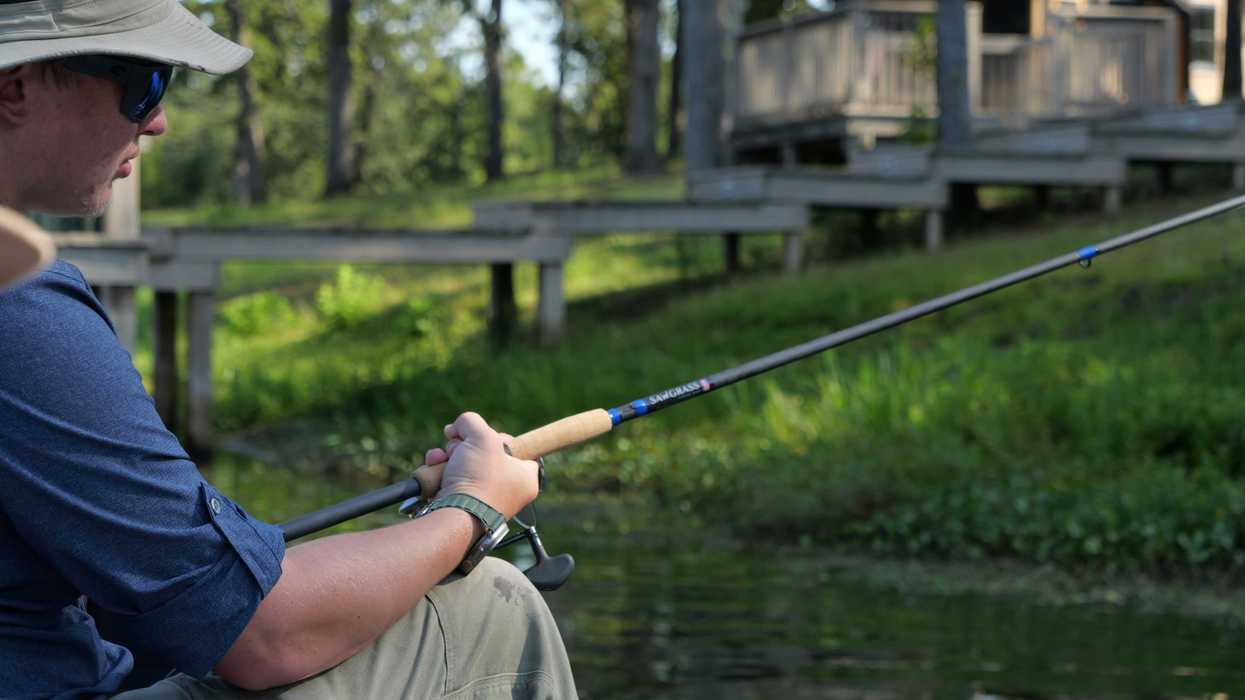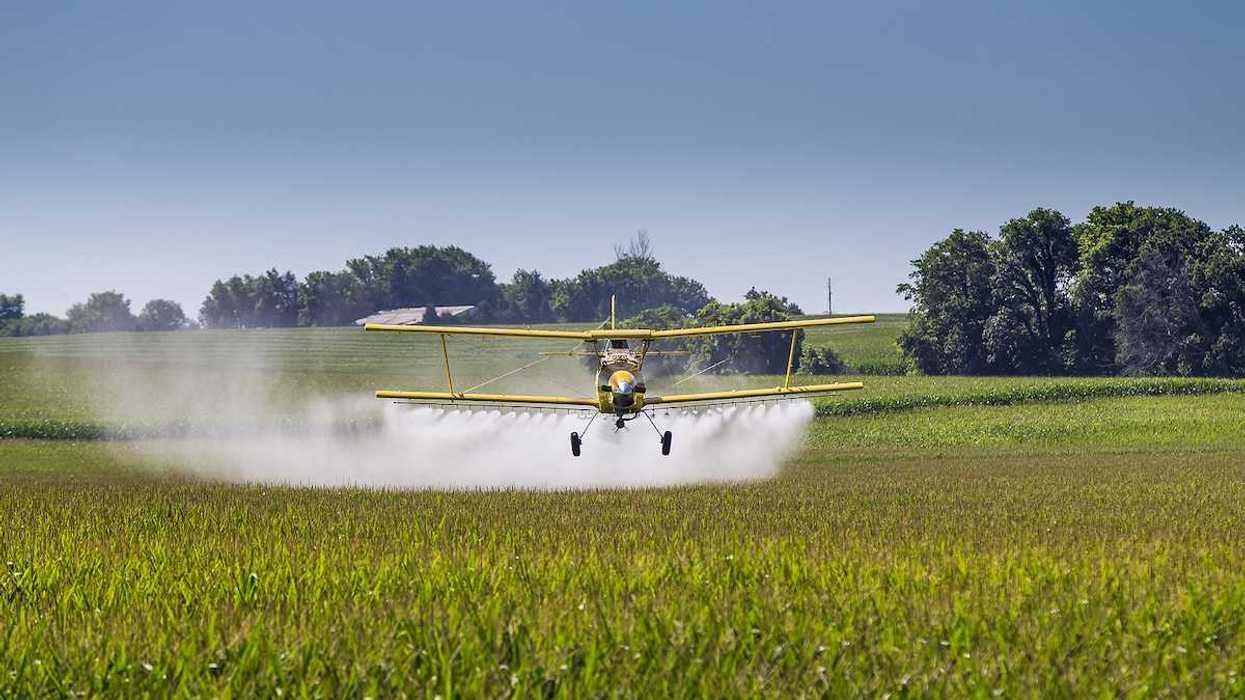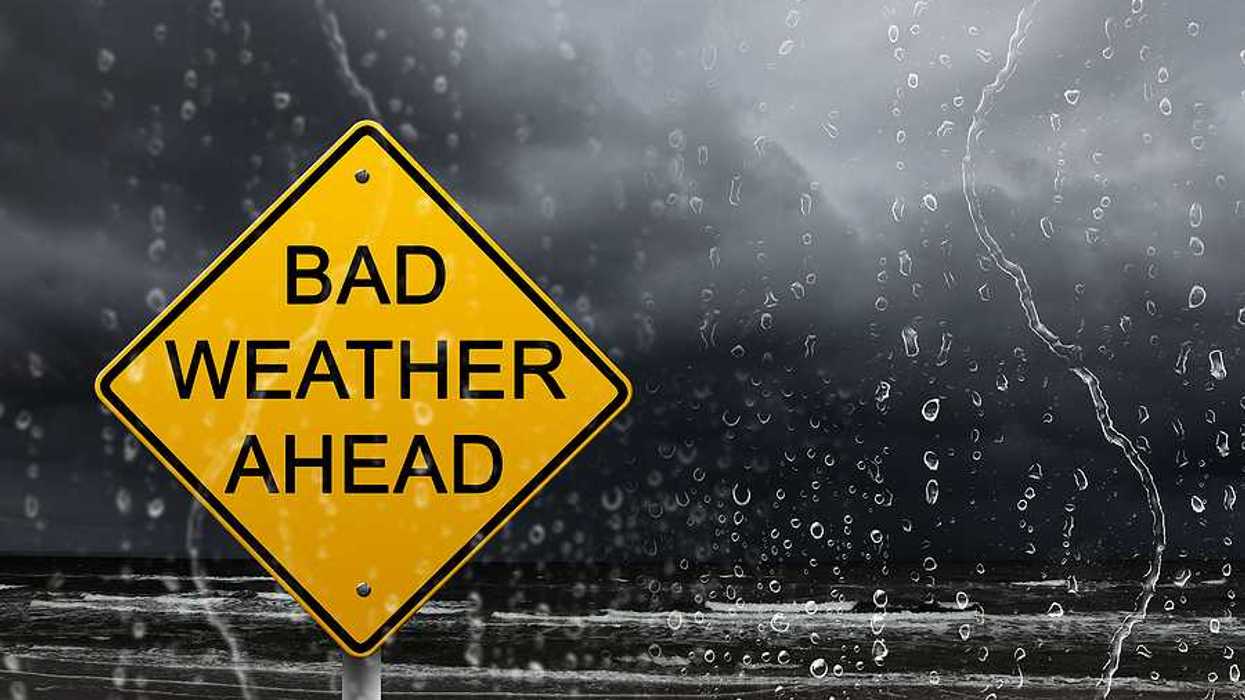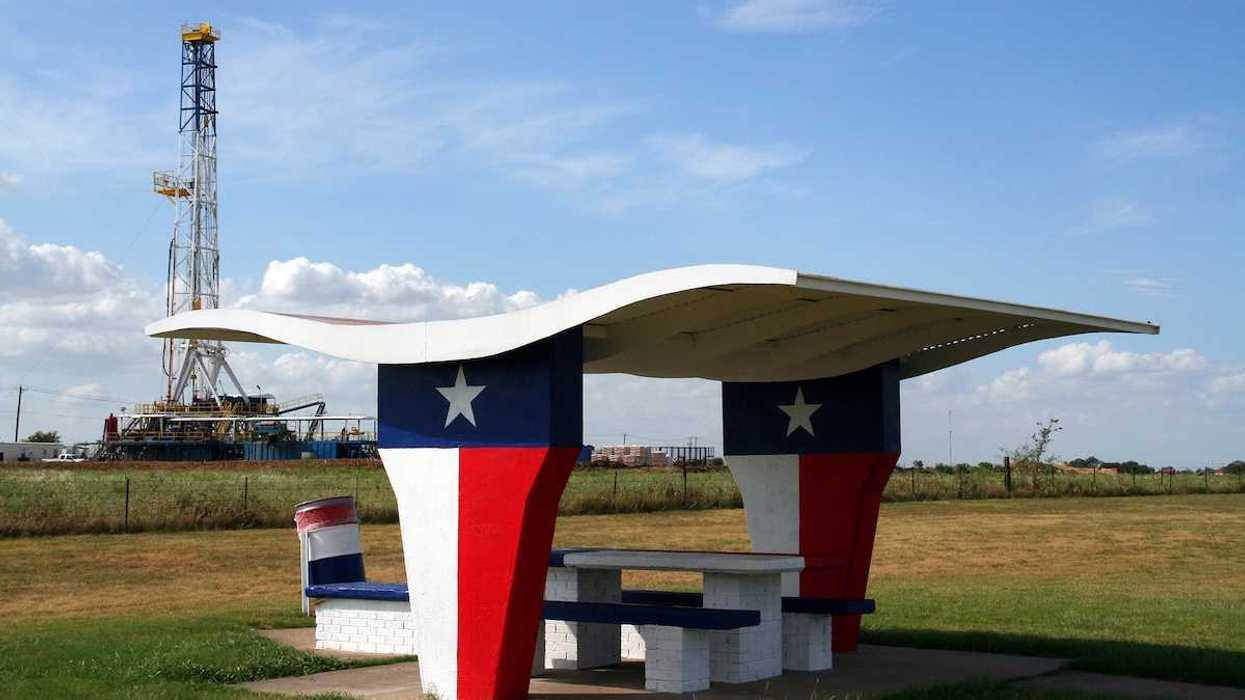Hiroshima and Nagasaki survivors, known as hibakusha, share their harrowing experiences to remind the world of the devastating consequences of nuclear weapons and advocate for a future without them.
Kathleen Kingsbury, W.J. Hennigan, and Spencer Cohen write for The New York Times.
In short:
- The survivors of the Hiroshima and Nagasaki bombings, are dedicated to sharing their traumatic experiences as a warning against nuclear weapons' use.
- As the hibakusha age, their stories are becoming increasingly urgent, especially as global nuclear threats are on the rise.
- Despite their suffering, many hibakusha face discrimination and stigma, complicating their mission to educate the world about nuclear warfare.
Key quote:
“The atomic bomb isn’t a simple weapon. I speak as someone who suffers until this day: The world needs to stop nuclear war from ever happening again.”
— Hiroe Kawashimo, Hiroshima survivor
Why this matters:
The environmental aftermath of nuclear warfare is catastrophic, leaving cities in ruins and ecosystems poisoned for generations. The health implications are equally dire, with radiation causing long-term effects such as cancer, birth defects and other chronic health issues. Read more: Failure of the universities: The culture gap is now near lethal.


